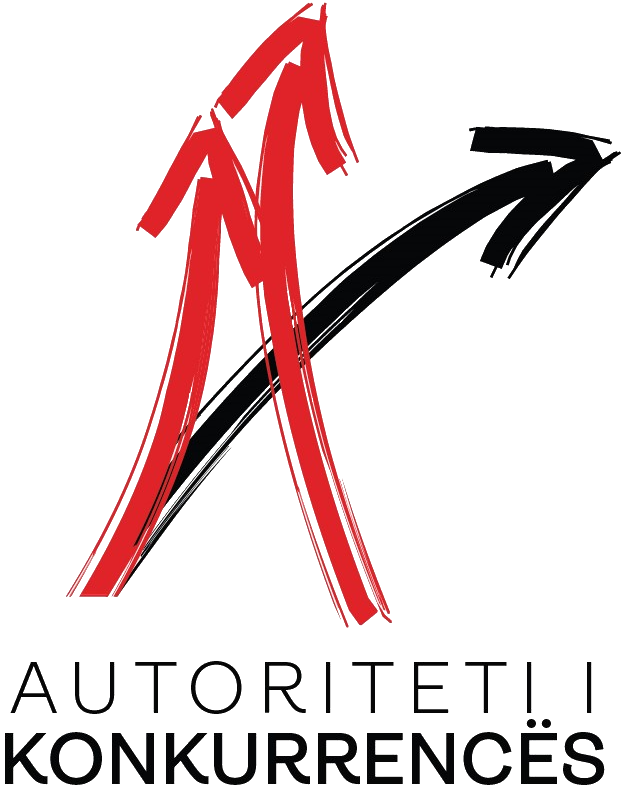Question – Answer
The purpose is to protect free and effective competition in the market by establishing the rules of conduct for enterprises and the responsible institutions for safeguarding competition and their responsibilities.
In cases where competition affects prices, in specific markets, the Competition Authority can have an impact on price changes. Inflation considers the overall price levels within an economy. Ineffective competition can lead to price increases, but it does not necessarily result from ineffective competition. The Competition Authority does not set prices. Prices influenced by the Competition Authority are often market-driven and are determined based on how others set prices for products and services in the market. Therefore, a seller makes a decision based on the prices set by their competitors. Prices among competitors may not necessarily be the same.
The areas of application of the Competition Authority’s law are enterprises and groups of enterprises that directly or indirectly influence or can influence the market. Also, all entities defined in this point that carry out activities within the territory of the Republic of Albania, as well as those that carry out activities outside this territory if the consequences of this activity are felt in the domestic market.
No, this law does not apply to relations between employers and employees or to relations that are the subject of a collective agreement between employers and trade unions.
Third parties or interested parties in matters related to restrictions, distortions, or hindrances to competition may submit complaints or notifications to the Competition Authority regarding these findings. The Authority ensures and guarantees the anonymity of the complainant whenever the complainant conditions it.
The complaint must be submitted in the Albanian language, using the Form available on the Competition Authority’s website. The complaint can be sent via the official email of the Competition Authority, by post, or by submitting it in person to the institution of the Competition Authority. The completed complaint and, if possible, its electronic copy should be submitted to the Secretariat. The complainant must also provide a non-confidential version of the complaint if confidentiality is declared for any part of the complaint.
The Authority, on its own initiative, at the request of the Parliament, or at the request of the regulatory institutions of the respective sectors, may conduct a general investigation in a sector of the economy if price rigidity or other circumstances make it appear that competition in the market is restricted or distorted. Also, the Secretariat, with the approval of the Commission, may initiate a preliminary investigation, on its own initiative, at the request of interested parties or third parties, for restrictions, distortions, or hindrances to competition. The Secretariat initiates the preliminary investigation whenever requested by the Commission.
The severity and duration of the violation are taken into account when determining the amount of the fine. Unlawful gains of enterprises due to violations of this law constitute the minimum amount of the fine when it can be objectively calculated or assessed.
An enterprise, involved in a prohibited agreement under Article 4, may be granted full or partial leniency from fines if it assists in the discovery and cessation of the prohibited agreement, as well as in identifying the responsible persons, by providing information not previously known to the Authority. Enterprises under investigation are advised by the Commission on the possibility of obtaining leniency from fines if they cooperate with the Authority in accordance with the provisions of the Law and this regulation. In the case of a decision, the Commission may grant leniency from fines in proportion to the contribution made to the clarification, discovery, and cessation of the violation, if the conditions set out in the leniency notice are met.
Decisions of the Competition Commission regarding the imposition of sanctions can be appealed in court within 30 days from the date of receiving notice of the decision. The appeal does not suspend the execution of the decision.
